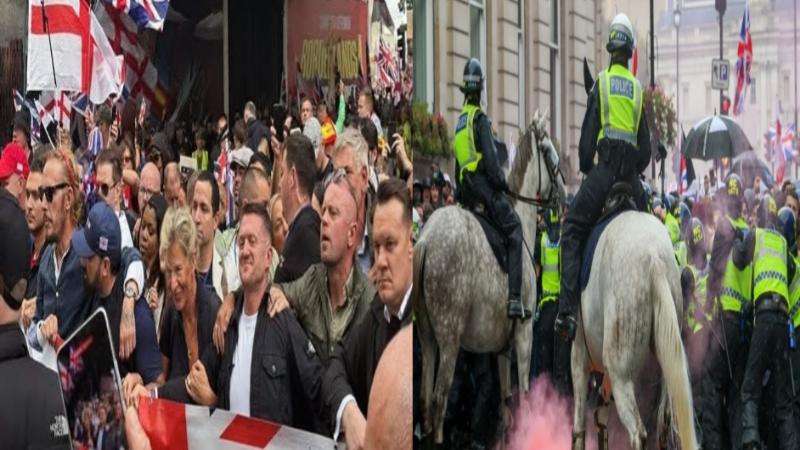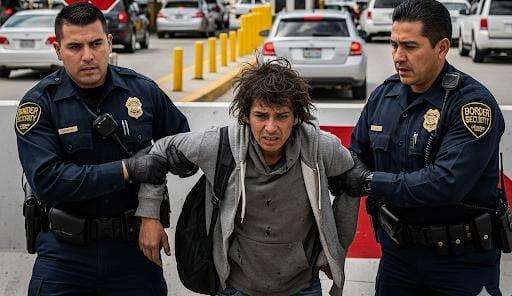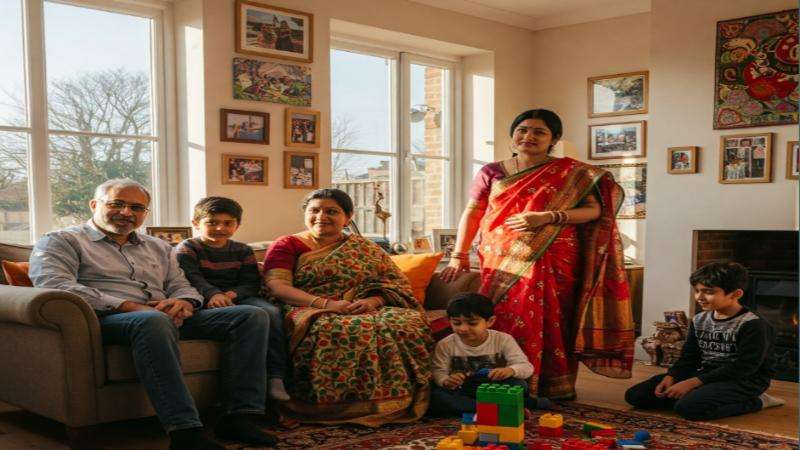The next Tower Hamlets council election is scheduled for:Thursday, 7 May 2026.
Tower Hamlets' political landscape is uniquely defined by its diverse communities, with the British Bangladeshi population playing a particularly pivotal role. As the 2026 mayoral election approaches, understanding the dynamics within this community is crucial to predicting the outcome.
The British Bangladeshi Factor:The British Bangladeshi community forms a significant portion of Tower Hamlets' electorate. This demographic weight means their voting patterns can heavily influence election results.
Candidates often focus on issues that resonate with this community, including: Housing, Education, Community services,Religious and cultural representation.Strong community ties and networks are vital in mobilizing voters in this borough.
Election History and Controversies:A History of Scrutiny: Tower Hamlets has faced repeated allegations of electoral malpractice, particularly concerning voter registration and postal votes.The 2014/2015 electoral court case, which overturned Lutfur Rahman's victory, highlighted deep concerns about electoral integrity.
These controversies have often involved accusations of community-based voting blocs and the influence of local networks.
Key Election Results: Understanding the results of the past three mayoral elections is vital: 2014/2015: Lutfur Rahman's initial win, followed by the court's nullification and subsequent by-election.
2018: John Biggs
2022: Aspire party return to power.
To get the precise vote statistics, it is best to refer to the Tower Hamlets council official website.
Winning Factors: In Tower Hamlets, successful candidates often demonstrate:
Strong community engagement. Understanding of the British Bangladeshi community's concerns. Effective mobilization of their voter base. The ability to navigate the complex social and religious dynamics of the area. It is also very important to note that, because of the changes to electoral law, that the first past the post system will be used in the next election, and that this could change the outcome of the election.
Looking to 2026:
The 2026 election will likely see intense campaigning focused on community engagement.Candidates' ability to build trust and address the specific needs of the British Bangladeshi community will be a significant factor. It is very likely that the effects of the changes to electoral law, will be very closely monitored.
Government trying to Takes Control: £6 Million Intervention to Overhaul Tower Hamlets Council-The UK government has stepped in to directly address what it describes as a "toxic" political climate and severe governance failures within Tower Hamlets Council. This intervention, triggered by a damning "best value" inspection, signals a significant loss of confidence in the council's ability to operate effectively. To rectify the identified issues, a team of ministerial envoys, led by Kim Bromley-Derry, has been deployed. Bromley-Derry, alongside assistant envoys Pam Parkes and Shokat Lal, are tasked with a comprehensive overhaul of the council's governance, leadership, internal culture, and external partnerships. The envoys' mandate is to ensure the council implements a rigorous continuous improvement plan, with a focus on delivering better outcomes for Tower Hamlets residents. The financial commitment to this intervention is substantial: Kim Bromley-Derry will receive £1,100 per day for 120 days, while the assistant envoys will each be paid £1,000 per day, totaling a combined 120 days.
Daily Dazzling Dawn understands voters are concerned about the millions spent on stopping corruption among elected politicians, whose elections were by the people. Council bosses rake in record salaries while residents suffer a council tax surge. Several residents shared their opinions with this reporter.
The issue could become a major factor in the upcoming elections. Public trust in elected officials is paramount, and any perceived breach of that trust can significantly sway voter sentiment. Allegations or proven instances of corruption have the potential to mobilize voters, both those disillusioned with existing leadership and those seeking to uphold ethical standards in governance. In an electoral climate where accountability is increasingly demanded, candidates and parties will likely find themselves under intense scrutiny regarding their past actions and their proposed policies to ensure transparency. Consequently, the way in which these issues are addressed could very well determine the outcome of the election.
The council's budget has earmarked £6 million to cover the costs of the intervention and the associated necessary reforms. This extensive intervention is scheduled to last until March 31, 2028, reflecting the severity of the problems identified. The government has made it clear that this is not a passive oversight, and that further, more stringent actions will be taken if the council fails to demonstrate significant and sustained progress. The envoys will provide regular reports to the Secretary of State for Housing, Communities and Local Government, allowing for close monitoring of the council's performance and accountability.



_4.jpg)
_2.jpg)



.svg)




_3.jpg)